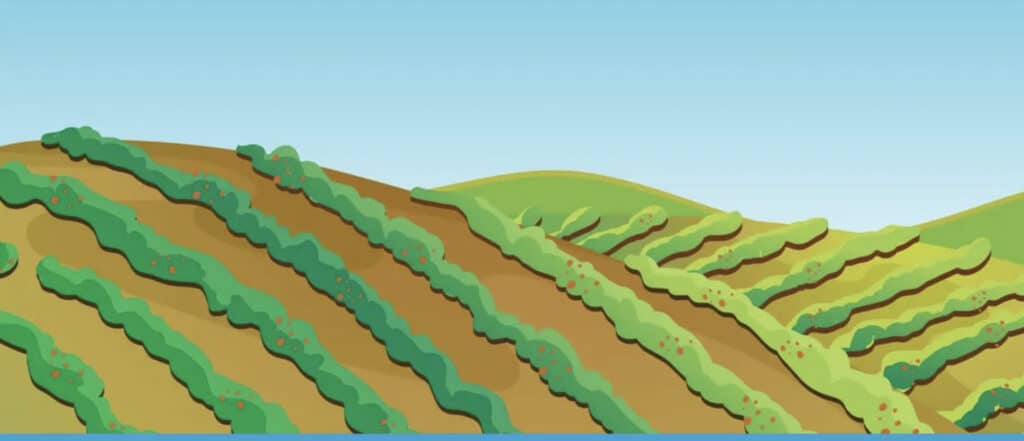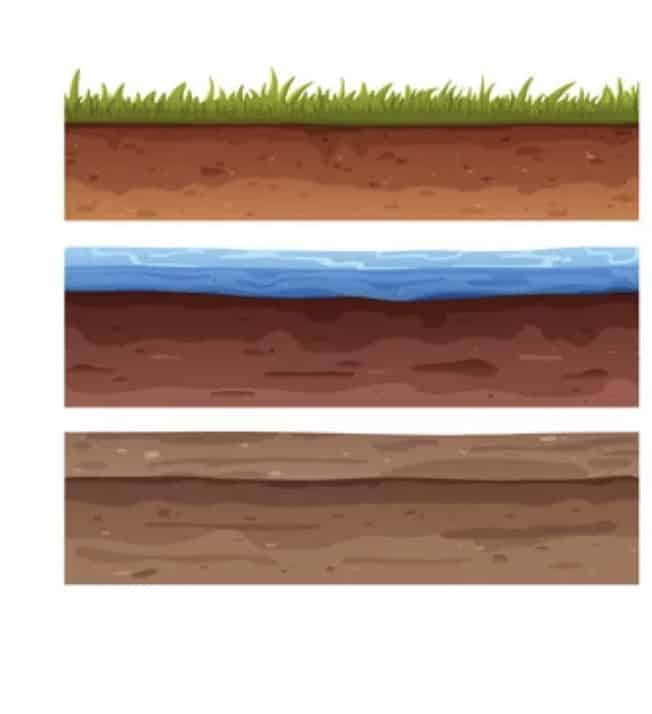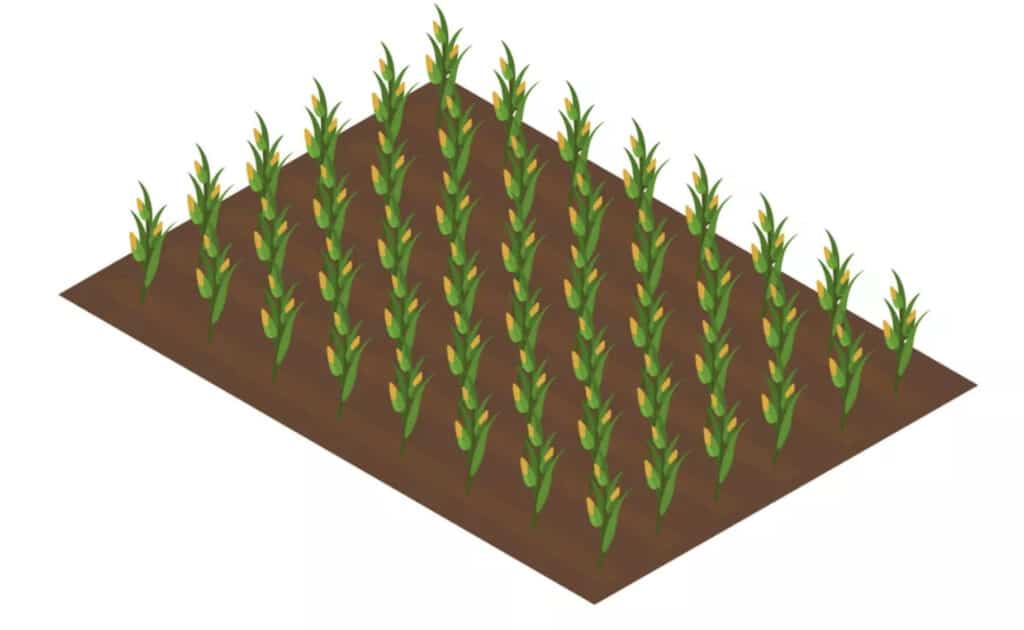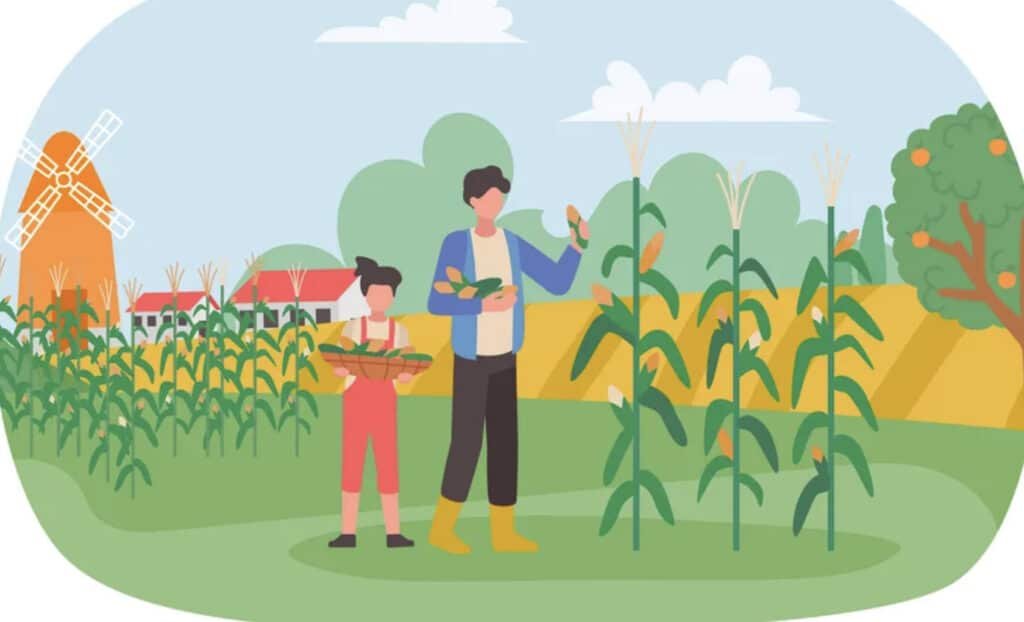Land grabbing law or unlawful possession in Bangladesh
In Bangladesh, land grabbing is a major source of concern. Obviously, a tremendous amount of land is illegally taken. Approximately 1,3 million hectares of government-owned land are currently being seized by influential elites, according to the Land Ministry.
Influential individuals illegally appropriated government-owned lands in char areas, riverbanks, roadways, forests, and other regions. However, it is difficult to determine precisely how many private lands have been illegally seized due to a lack of documentation of illegally seized private lands. Consequently, the majority of land disputes remained unresolved and the majority of government and private lands illegally taken by land-grabbers remained unrecovered.
Types of Land Grabbing in Bangladesh:
There are four different categories of land grabbing.
Which are:
(1) Using physical force to seize land;
(2) using force to indirectly grab land;
(3) Taking direct control of land without using force; and
(4) The non-violent indirect grabbing of land. The first category includes state land purchases, grabbing by the state for securitization, and grabbing by private organizations.
Commercial companies involved in agribusiness and agro-fisheries, such as shrimp farms, are the main perpetrators of the second category. This type of land grabbing is also caused by conflicts, violence, and riots that sow fear among socially vulnerable communities and classes as well as religious or racial minorities.

The third category includes acquiring land without the owner’s consent or through agreements; examples include obtaining a lease or the right to possession through false registration.
The fourth category results from various natural and man-made disasters, where crises arise due to damages caused as well as the severe problem of sustaining livelihood; the affected people are compelled to sell off their homesteads and land in order to survive.
ETHICAL CONCERN:
All parties involved in disputes over land believe and declare their position to be correct, and they attempt to establish their rights in this way. The battling parties are still engaged in a conflict over the legitimacy of land rights.
These factors make the social and ideological dimensions, in addition to the political and economic ones, crucial when analyzing conflicts involving land. The state has been involved in the land grabbing process in a variety of different ways.
The state’s three branches—executive, legislative, and judicial—can also adopt opposing positions on these issues. A significant factor in the process is also the influence of power structures in the state, society, and classes. In layman’s terms, the more influential someone is politically or socially, the more likely it is that they will be successful in acquiring land.
Numerous methods and procedures used in land grabbing are found to be unethical. The morality and ethical issues are relevant, particularly when grabbing is accomplished through fraud, corruption, or deceit.
The state’s function exhibits a lack of ethics, too. When land is given to private profit-seeking organizations after being acquired in the name of the “public interest,” contradictions in the organization’s behavior become clear.
The land that was taken under the guise of securitization occasionally demonstrates discrimination against specific ethnic or religious communities, which is wrong and violates the constitution of the nation.
When land is taken by force and party cadres and goons are used in conjunction with the security forces, the state does not distinguish between right and wrong. By making false promises and using enticements, various private organizations and businesses are also stealing land.
Obviously, land grabbing has been an ongoing process in Bangladesh for decades. Land appropriation can be both legal and unlawful. It is legal and commonly referred to as land acquisition when the government and national or international companies or organizations acquire land through the voluntary transfer of ownership from the landowner(s).
In the sense that government or private companies sometimes acquire land without the consent of the landowner(s), land acquisition is arguably legal. In the strictest sense, land grabs involve the use of force to coerce or coerce individuals into relinquishing their land, as well as the illegal dispossession of land through any other exploitative means, such as the forgery of legal documents.
Causes of illegal land grabbing in Bangladesh:
Notable causes of illegal land grabbing in rural, urban, and other areas include an inadequate system for the settlement of land disputes and legal loopholes, a lack of deserved attention from concerned authorities including the ministry of land, widespread corrupt practices, the culture of might-makes-right, the culture of impunity of powerful persons (even though powerful individuals are increasingly held accountable), and political influence in the land dispute settler system.
Several factors, such as the scarcity of land, the increase in the social and economic value of land, unbridled greed, and the ability to seize land, certainly contribute to land grabbing.

Furthermore, it is undeniable that land grabbers are politically, socially, and economically powerful. Due to the involvement of powerful individuals or groups in illegal land grabbing, land grabbers are able to manipulate the relevant authorities in a variety of ways, including the manipulation of registration, lease, transfer, and other land-related legal documents.
Obviously, an unscrupulous network consisting of land grabbers, concerned officials, and others facilitates such efforts. Therefore, the prevention of illegal land grabs and the recovery of illegally grabbed lands, both private and public, appears to be a difficult task, and land grabbers can often remain unreachable in Bangladesh’s urban, semi-urban, rural, remote, and hilly regions.
Illegal land grabs violate both Article 42 of the National Constitution of Bangladesh and Article 17 of the Universal Declaration of Human Rights concerning the right to land and property. In addition, the land grab has enormous social, economic, and environmental consequences. Land disputes and illegal land appropriation frequently result in violence and criminal activity. A substantial number of people are killed as a result of land disputes and grabs.
Crimes and Land Disputes in Bangladesh:
According to various sources, more than seventy percent of all crimes stem from land disputes. In addition, the loss of land can trap many individuals in a vicious cycle. Unquestionably, many former private landowners do not invest enough in education, health care, and other areas that can improve their social standing and well-being. These factors increase their economic, social, and other vulnerabilities.
There are numerous legal, policy-based, and other efforts that can prevent illegal land grabs and recover government and private lands that have been illegally taken. However, the land administration is criticized for being based on an antiquated or conventional regulatory structure.
Unquestionably, the processing of land ownership, registration, relocation, mapping, tax payment, wills and other legal documents is subject to significant criticism. Land recording or registration systems are frequently viewed as a time-consuming and expensive endeavor.
There are more than 3.2 million pending land-related cases in the country, and a significant number of aggrieved parties lack the capacity to approach the courts for litigation. It is also criticised that the legal system is still too expensive, with few government incentives, and that justice is frequently denied to the poor and marginalized, including indigenous people, in land disputes.

Recently, the Law Commission of Bangladesh proposed a new Land Act of Bangladesh, which would codify and consolidate land-related laws into a single document with the goal of resolving land disputes expeditiously.
It proposes a land Tribunal in each district and grants judicial powers to the Additional Deputy Commissioner, Assistant Commissioner (of land), and Assistant Settlement Officer in order to spearhead the settlement of land disputes involving the wrong record, partition, boundary disputes, unlawful possession, and forced possession.
There are also criticisms that such efforts are sometimes thwarted by influential individuals and are primarily focused on the recovery of government land, as opposed to private land. Consequently, eviction campaigns do not produce the desired results, despite their enormous potential in the effort to recover illegally seized lands.
Land Dispute Remedies Available Under Criminal Law of Bangladesh
Land grabbing or unlawful possession of properties is a common occurrence in Bangladesh, where individuals lose access to lands that they once used.
A victim in such a traumatic situation must seek redress under Section 145 of the Code of Criminal Procedure, 1898. The remedy must be sought in the court of the first executive magistrate, according to this section.

Land grabbing or unlawful possession of property cases must be filed within two months of being threatened with eviction or evicted.
Later, the magistrate will issue summons to the opponent, hear statements from both parties, accept evidence, and determine who owns the disputed property.
The victim may also request that the local police investigate the matter, and the executive magistrate will determine the legitimate occupier based on their findings. The majority of victims are unaware that section 145 of the Code of Criminal Procedure of 1898 only determines the occupant, not the ownership of the property.
Steps to seek legal protection for land grabbing remedies
In the case of land grabbing or unlawful possession, a victim can also file a petition or complaint to the District Magistrate through a lawyer under Section 145 of the Code of Criminal Procedure, 1898; however, all original documents related to the land must be produced for filing a law suit.
The magistrate will review the documents, examine the facts of the case, and direct the officer in charge of the relevant police station to conduct an investigation. The District Magistrate will order the opponents to refrain from all types of activities based on the investigation report.
Remediation for eviction threat
If a person is threatened with eviction, he or she must file a general diary at the relevant police station, which will allow him to file a case with the Executive Magistrate under Section 106 of the Code of Criminal Procedure, 1898 through a lawyer.
Property Law Firm in Dhaka Bangladesh
Until acquiring land or long-term lease for commercial purposes, customers also need a detailed due diligence report on several complex issues including land transfer validity, ownership, possession and background.
Legal procedures are carried out in Bangladesh while putting in a lot of effort and commitment. Our service standards are the ones that are internationally recognized and highly valued in the industry, and we are recognized as a leading law firm in Dhaka for handling land matters with absolute certainty.Tahmidur Rahman TRW Team is a trustworthy name in proprety law in Bangladesh.
Contact the best land and property law firm in Bangladesh:
GLOBAL OFFICES:
DHAKA: House 410, ROAD 29, Mohakhali DOHS
DUBAI: Rolex Building, L-12 Sheikh Zayed Road
LONDON: 1156, St Giles Avenue, Dagenham
Email Addresses:
info@trfirm.com
info@tahmidur.com
info@tahmidurrahman.com
24/7 Contact Numbers, Even During Holidays:
+8801708000660
+8801847220062
+8801708080817



